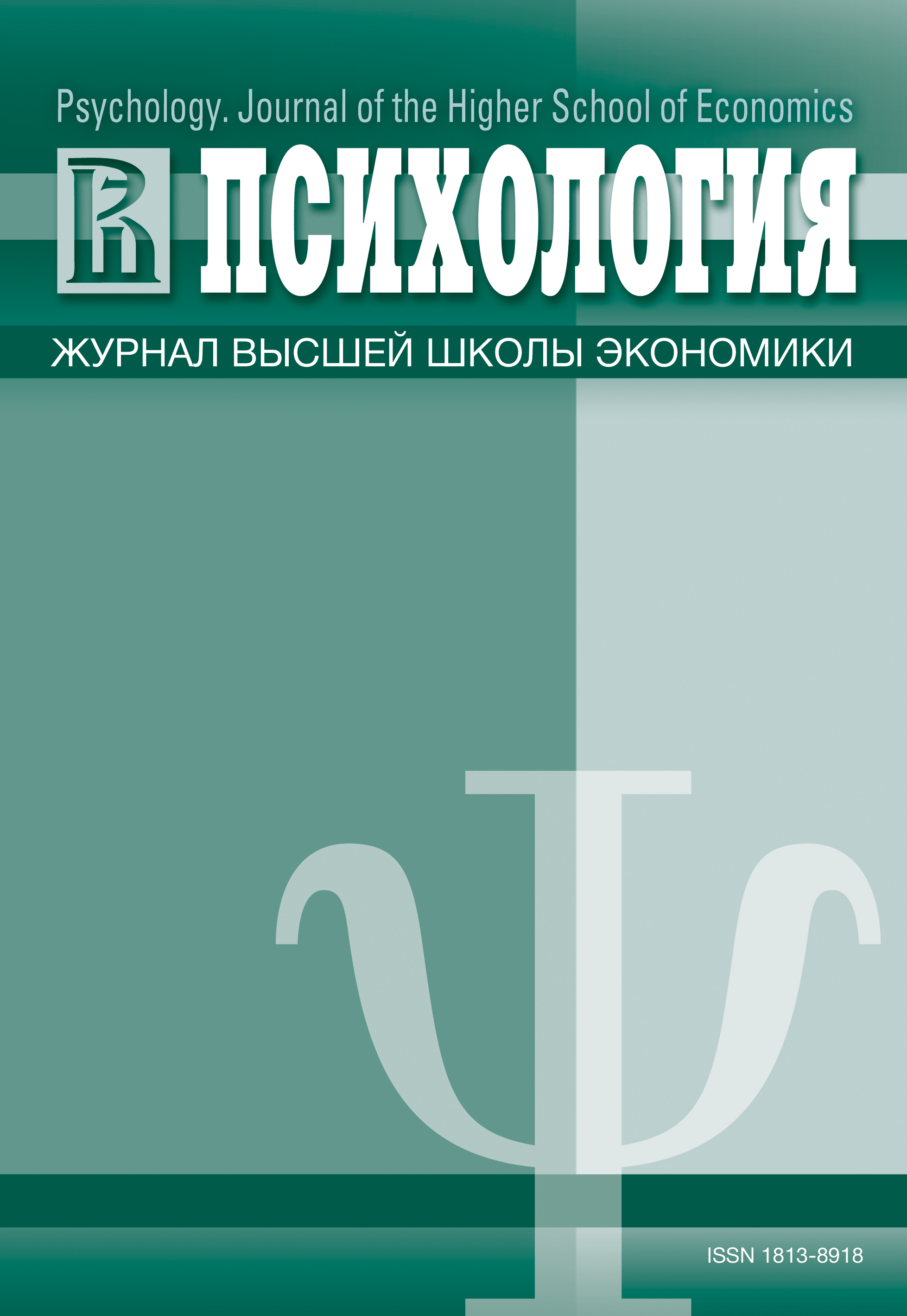Views to the Contemporary Conception of Development (in Russian)
Keywords:
reality, situation, problem, schemes, development, action, understanding, vision, culture of life, signs
Abstract
In the article the L.S. Vygotsky’s conception of development is reviewed. Its shortcomings are discussed from the perspective of contemporary scientific notions. New conception of development is proposed, based on the ideas of step of development, cultural-historical and semiotic nature of abilities and culture of man’s life. The first idea is linked to differentiation of existential situations, problems, schemas as means for solving these problems, new reality, vision and action. The second idea is about cultural-historical and semiotic understanding of human abilities. The third one is about cultural characteristic of the human developmental stages. The general provisions are illustrated by the analysis of several cases. Among these general provisions there are some new psychological hypotheses. For example, the author analyses following important point. Aristotle in his work On the Soul creates anthropological schemas that preset new, as we would say today, psychological reality, which makes Greeks use rules, categories and patterns of thought, created by him. When Greeks got used to this new activity and reality (which, a propos, took almost two centuries), it began to seem that cognition is exactly the phenomenon, which Aristotle described, and man always had got it. The scientists still share this illusion. As V. Rozin states, other human abilities, for example memory, imagination, emotions are also not natural, innately inherent in man phenomena, but cultural-historical and semiotic formations. Another hypothesis is about periodization of psychic development. The author writes that periodization of man’s development has to be based not on the concept of age, but on the concept of “culture of man’s life”. Referring to his works, he states that man is integral only in the biological realm, but as a cultural and spiritual being man is not integral. There are several “cultures of man’s life”: “culture of childhood”, “culture of adolescence and youth”, several “cultures of adult man”. Each culture of man’s life is characterized by the specifics of activities and vision (consciousness), as well as the way of socialization.Downloads
Download data is not yet available.
Published
2016-07-14
How to Cite
РозинВ. М. (2016). Views to the Contemporary Conception of Development (in Russian). Psychology. Journal of the Higher School of Economics, 13(2), 367-385. https://doi.org/10.17323/1813-8918-2016-2-367-385
Issue
Section
Articles section





